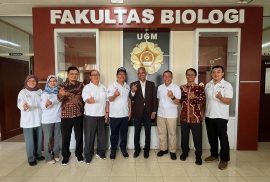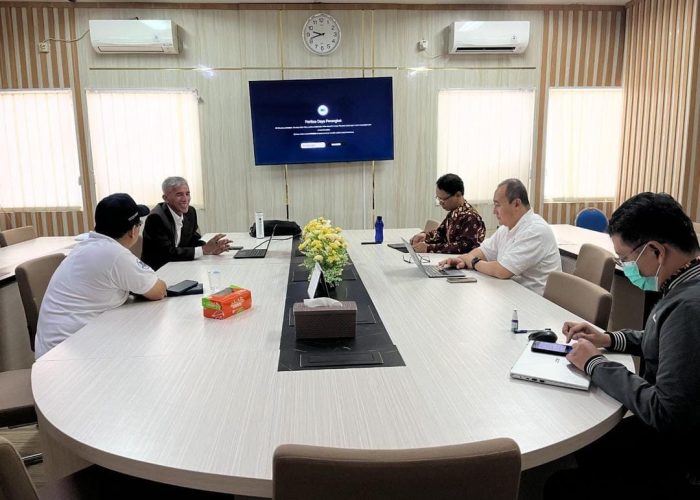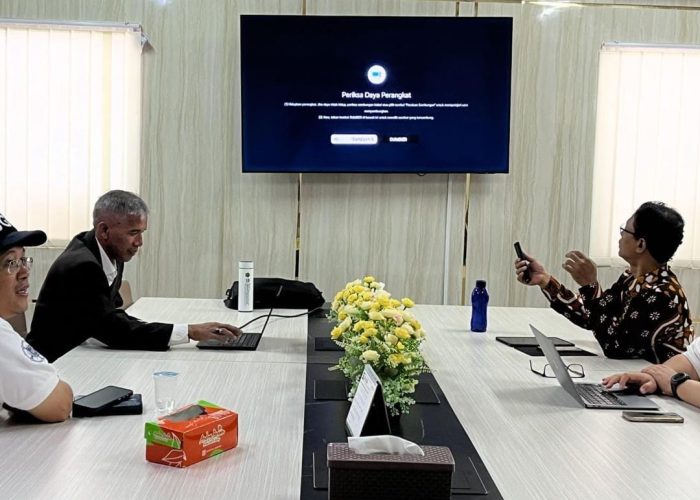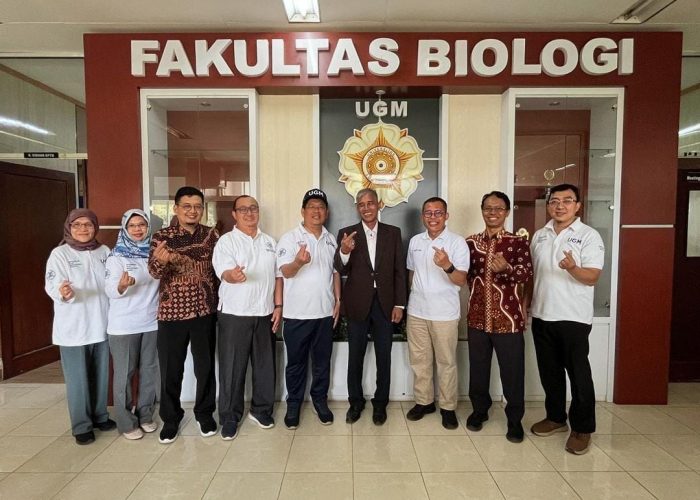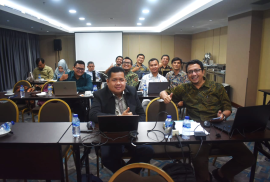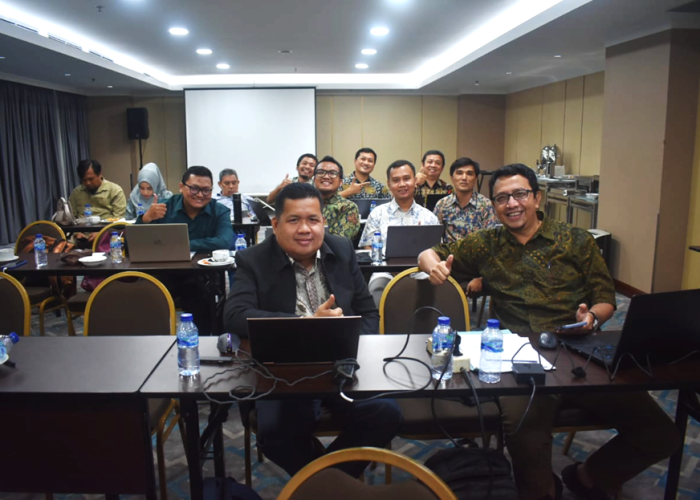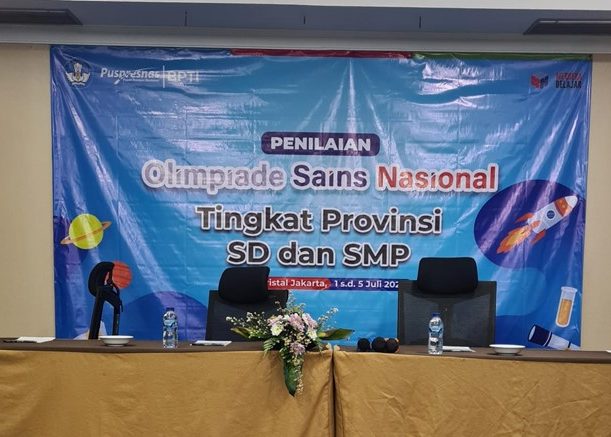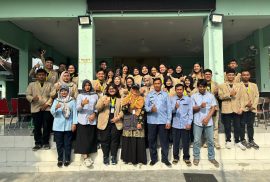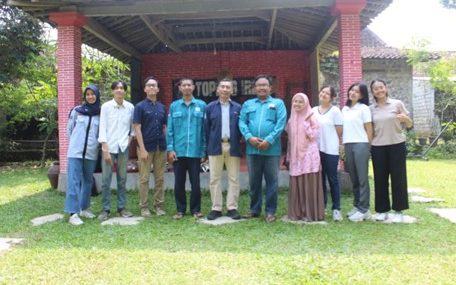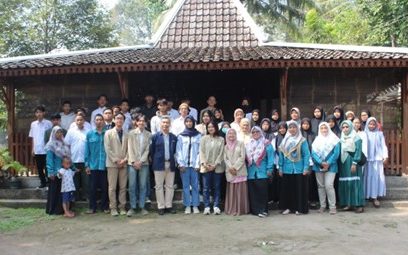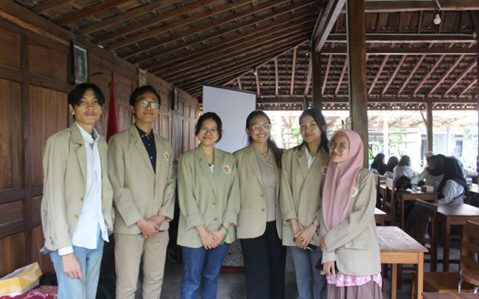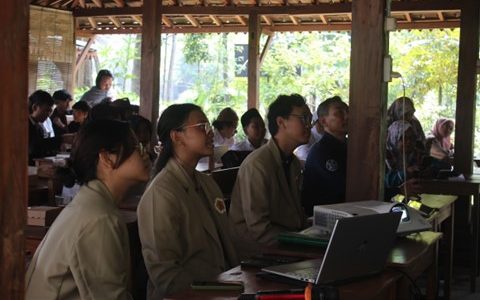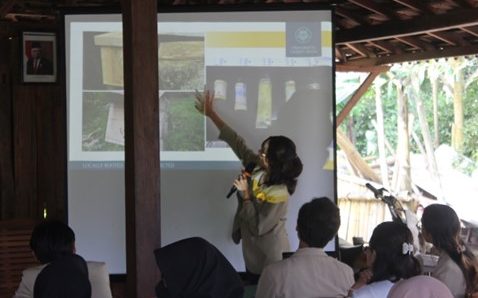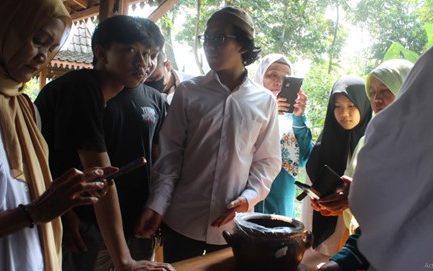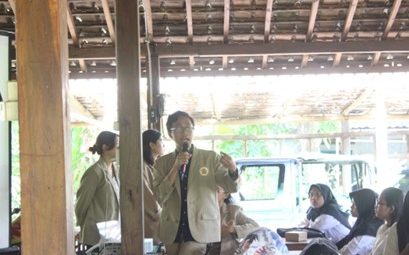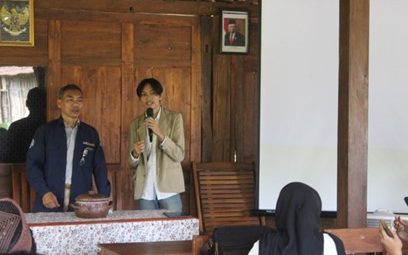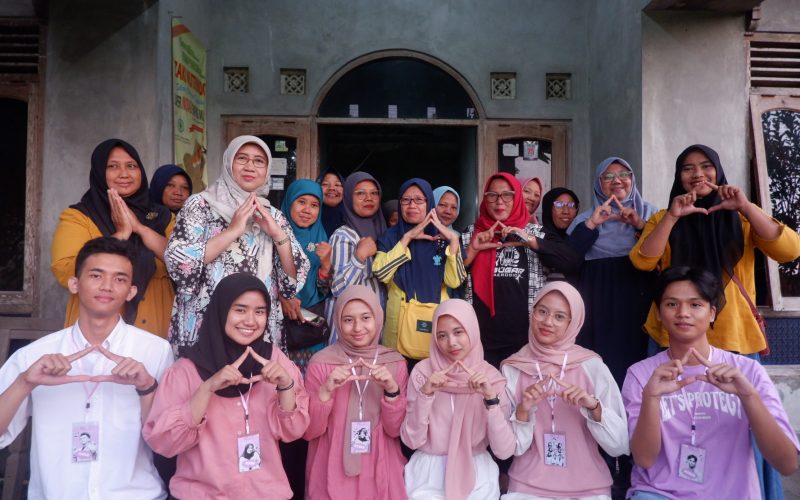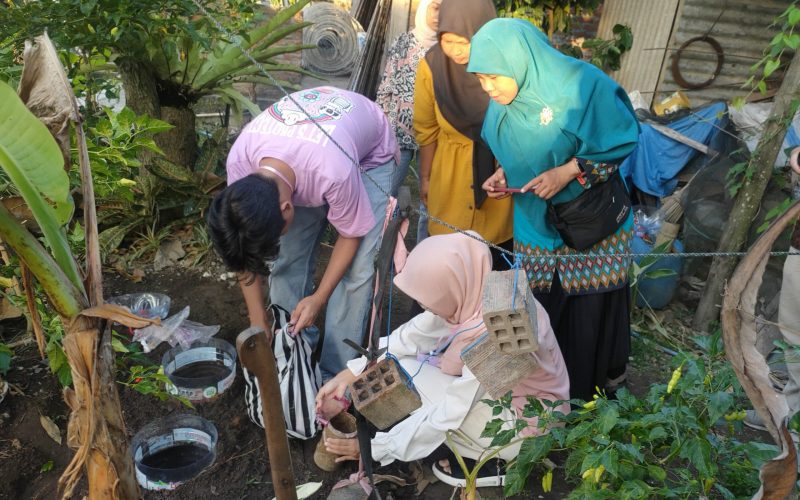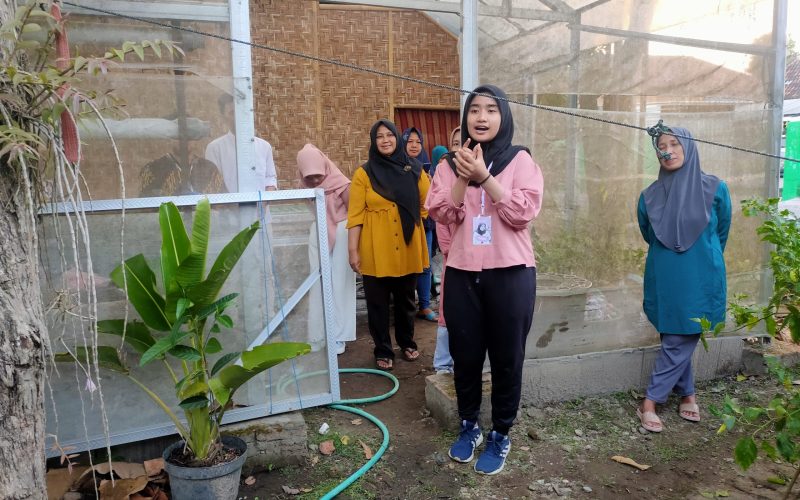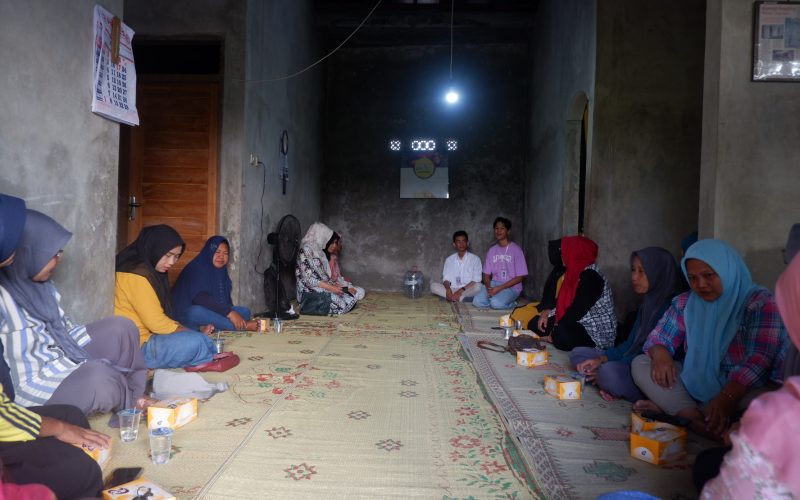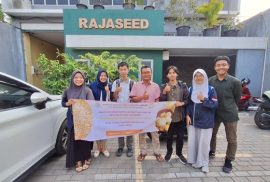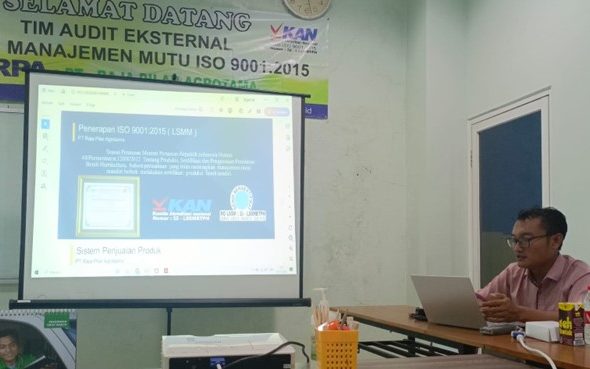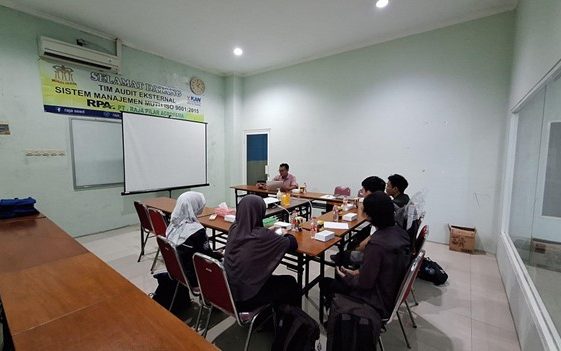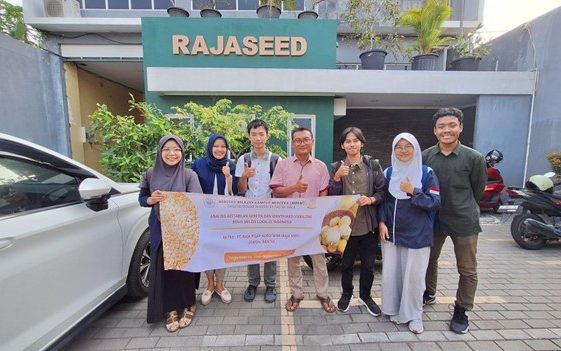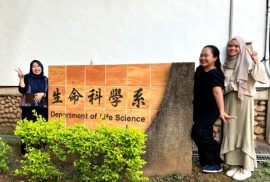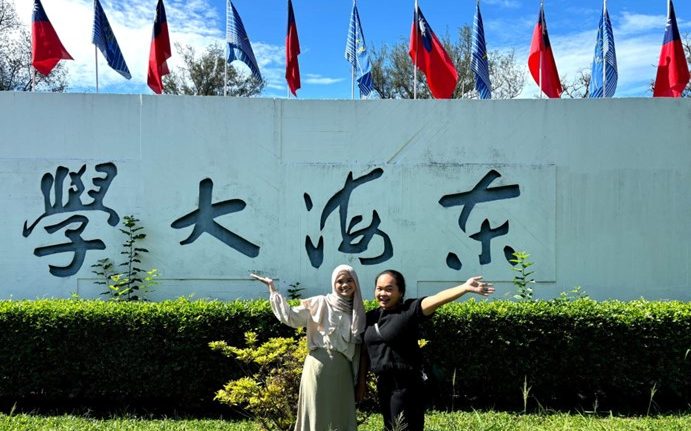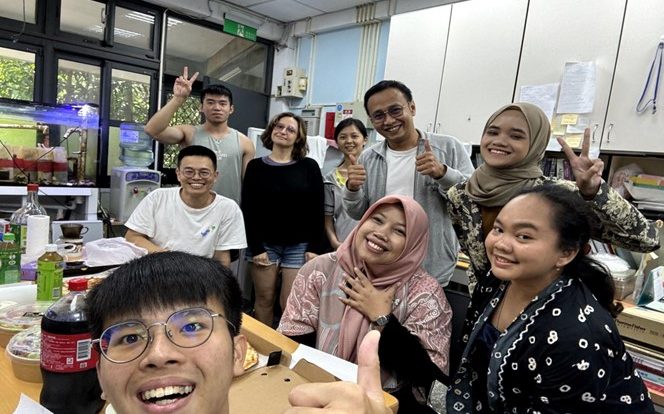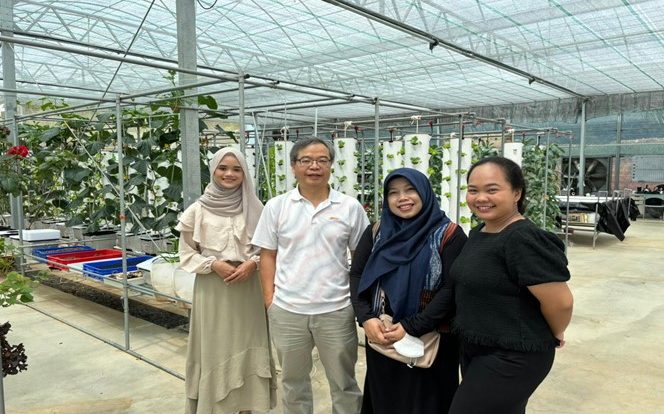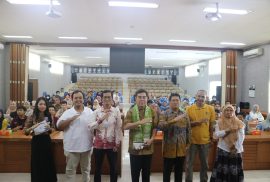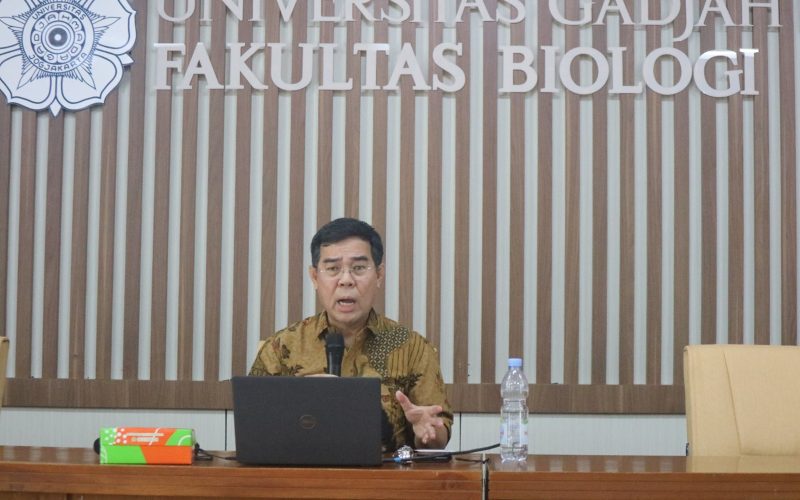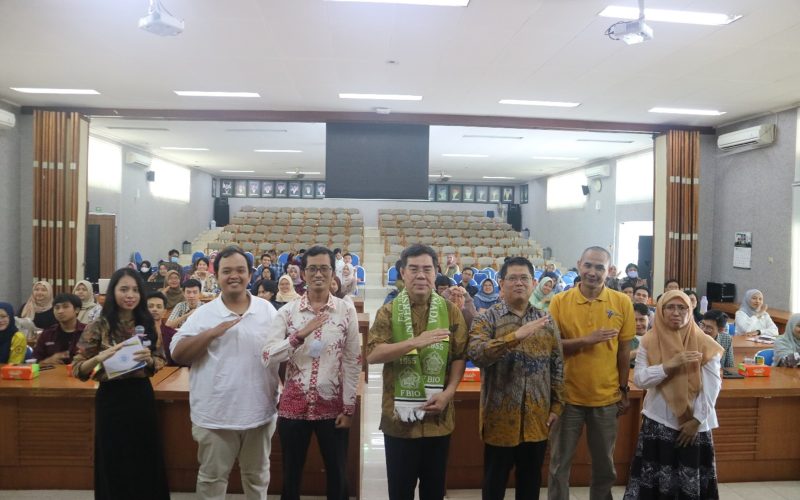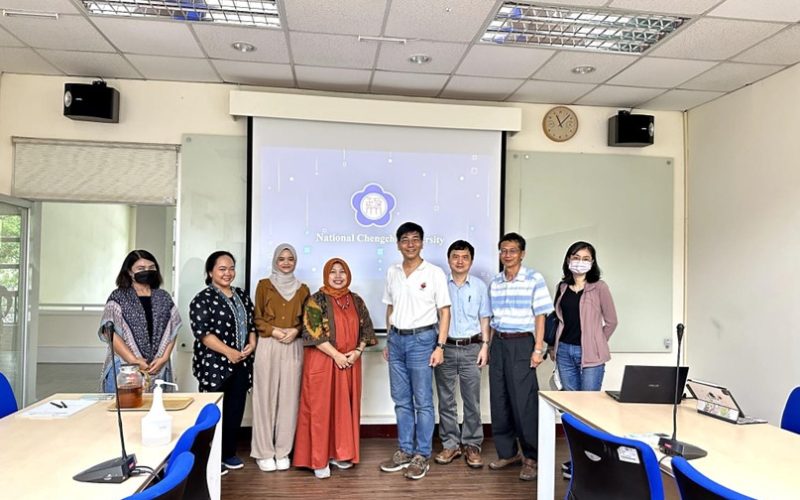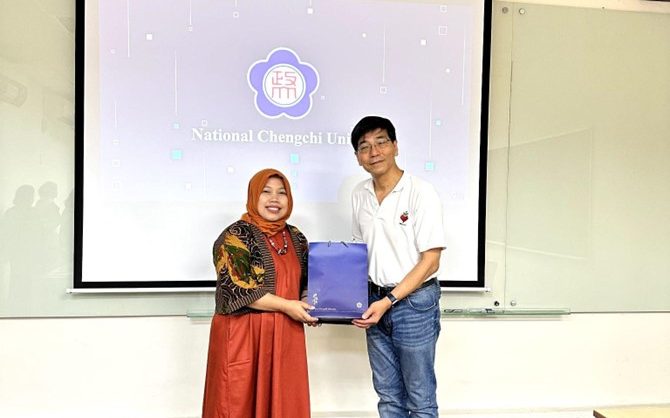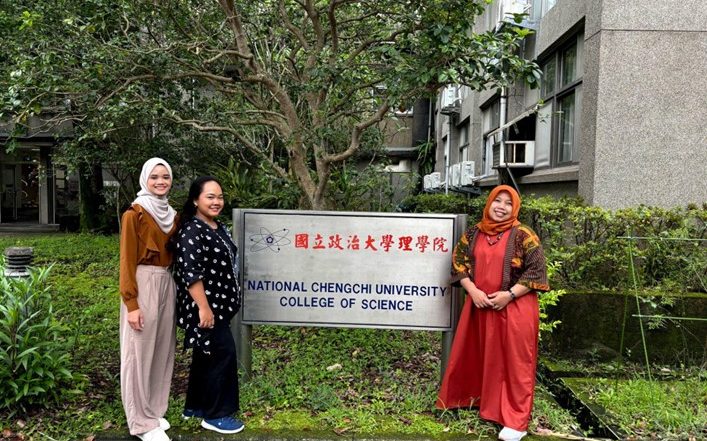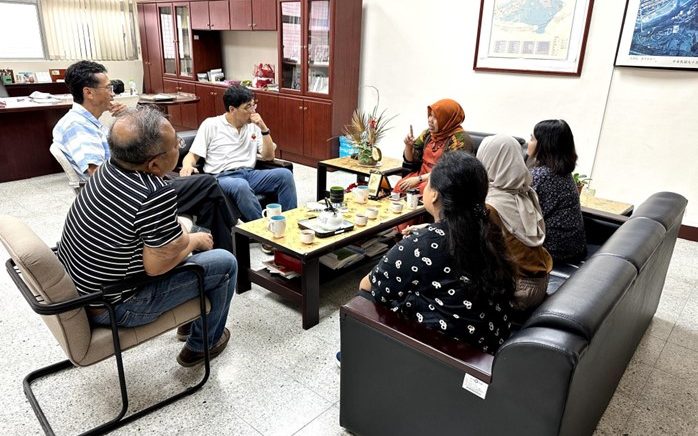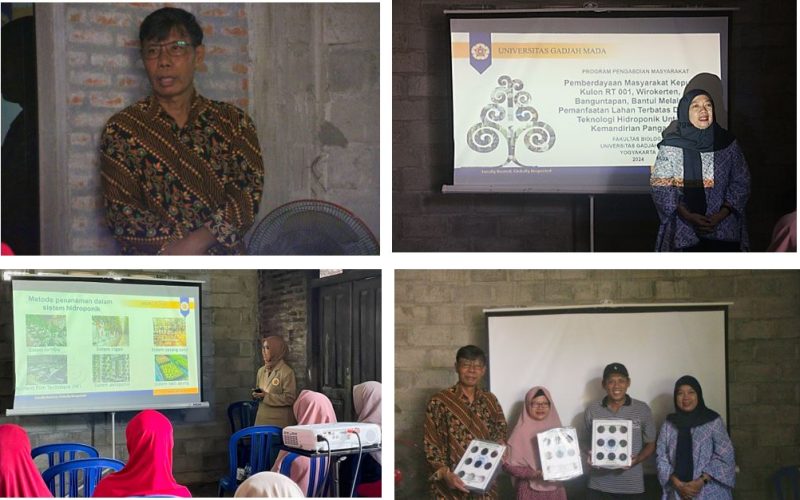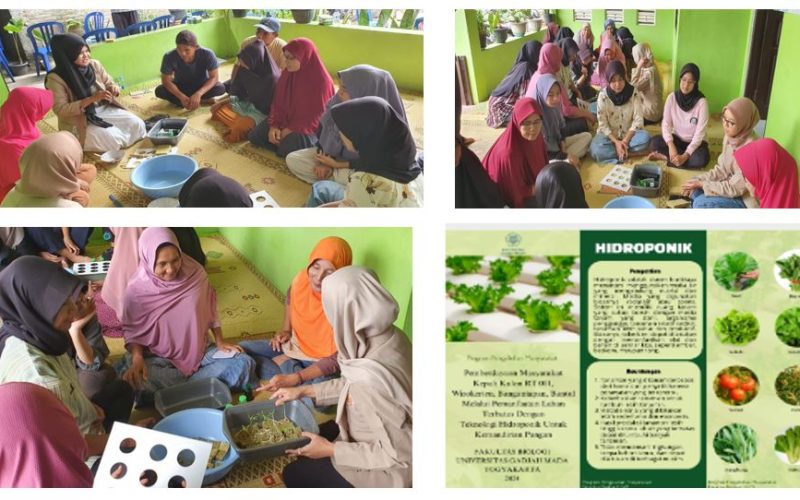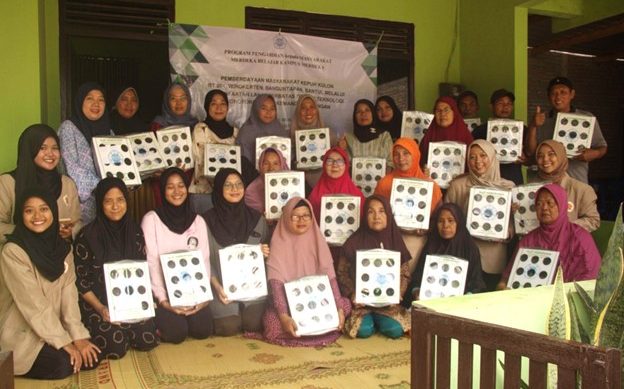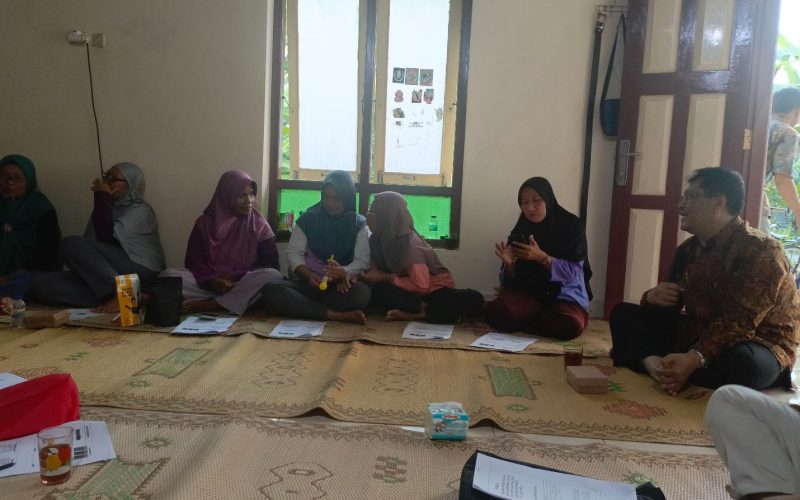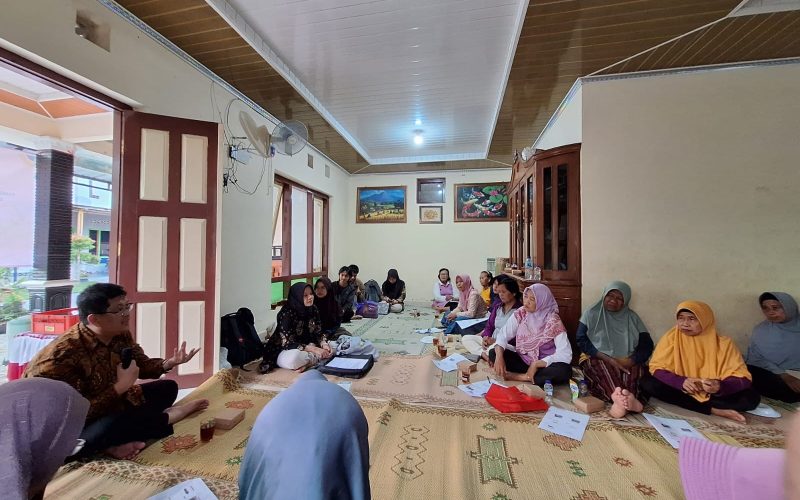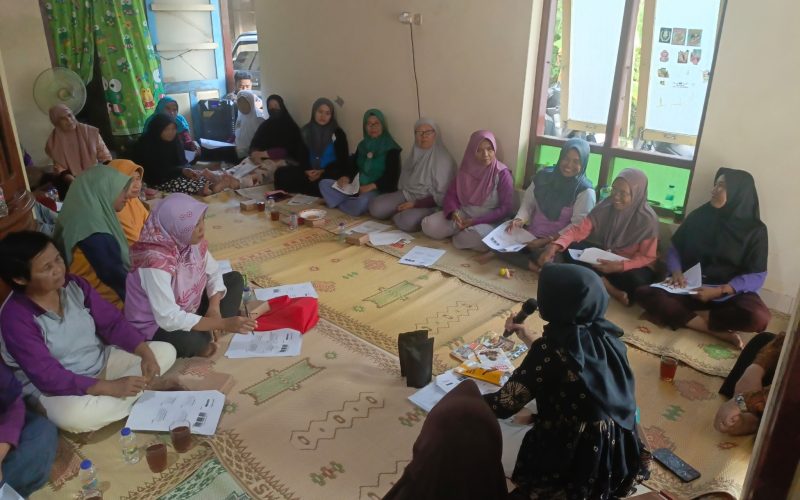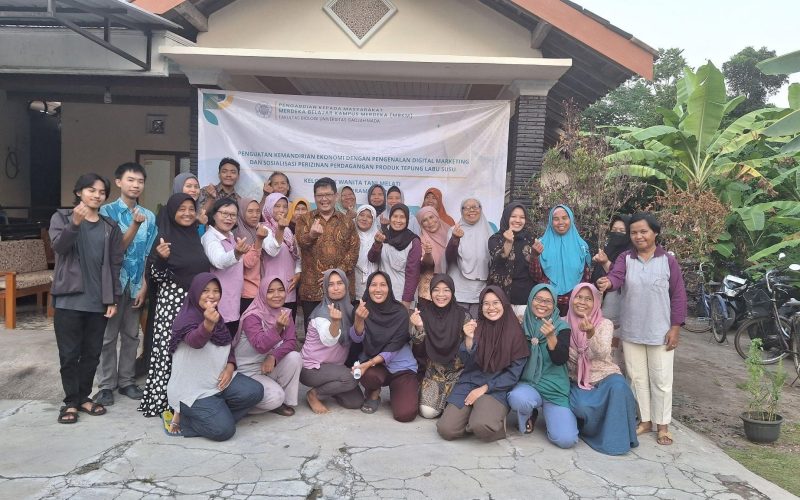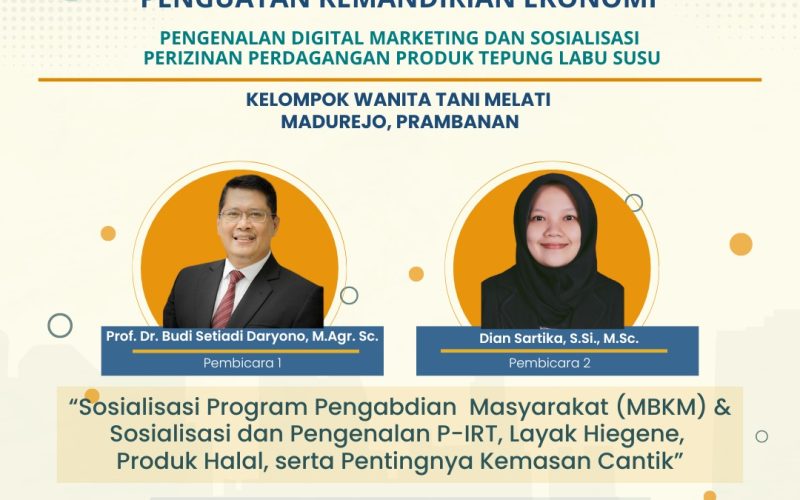#SDGs
#TridharmaUniversitasGadjahMada
#InternationalCollaboration
SDGS point tags: SDG 4, 8, 9, 12, 17
In an effort to enhance the quality of human resources and strengthen the Tridharma of Universitas Gadjah Mada in 2024, one of the faculty members of the Faculty of Biology, Ganies Riza Aristya, S.Si., M.Sc., Ph.D., received funding to participate in a Professor Exchange Program between Universitas Gadjah Mada and the National Chengchi University (NCCU) College of Science, Taiwan. On this occasion, Dr. Ganies was accompanied by two Fast-track Master’s students, Lucia Arum Sekar Meysari, S.Si., and Azizah Tyas Nugrahanty, S.Si. This program is funded by the Directorate of Partnerships and Global Relations. The activity is supported by a proposal entitled “Increasing the Production of Polyhydroxybutyrate (PHB) as a Biodegradable Biopolymer Plastic through Recombinant Plasmid Transformation.”
The Joint Supervisor visit to NCCU Taiwan took place from May 27th to June 1st, 2024. This program is one of the collaborations between Universitas Gadjah Mada and National Chengchi University in the form of professor exchanges. The activity began with an introduction session by the dean of the College of Science (Professor Hsing Luh) followed by introductions and research topic presentations by the representatives from UGM’s Biology department, Dr. Ganies. The results of this visit included the establishment of short-term and long-term collaboration agreements, including the signing of a memorandum of agreement, mentoring, research development collaboration and publication, also the creation of an international community.
With this program, it is evident that the Faculty of Biology is committed to supporting efforts to strengthen Universitas Gadjah Mada’s ranking in the field of outstanding sciences related to UGM’s contributions to knowledge and humanity. This goal is related to SDG number 8 on education. By providing easier international access, this program can also expand Universitas Gadjah Mada’s international cooperation and future orientation. Our gratitude goes to Professor Hsing Luh, Professor Chih-Kai Yang, Professor Ming-Huan Chan, Professor Shau-Kwaun Chen, and all the staff of the College of Science NCCU, who have provided us with the opportunity to collaborate in the 2024 Joint Supervisor activity.
#SDGs
#JointSupervisor2024
#DirectorateOfPartnershipsAndGlobalRelations
#TahirFoundationUGM
#FakultasBiologiJointSupervisor
The Community Service Team – Independent Learning Independent Campus (PkM-MBKM) of the Faculty of Biology UGM for the year 2024, chaired by Rina Sri Kasiamdari, Ph.D., has successfully conducted a series of Community Service activities at Kepuh Kulon RT 001, Wirokerten, Banguntapan, Bantul. The MBKM PKM program supports SDG 1 No Poverty, SDG 2 No Hunger, SDG 8 Decent Work and Economic Growth, SDG 11 Sustainable Cities and Communities, and SDG 12 Responsible Consumption and Production. The team, consisting of four students, namely Nurindah Musarofah, Hasna Nabila Kusumastuti, Cindy Adisty Rudi Ananda Putri, and Amalia Rizky Fauzi, focused on the theme of simple hydroponic cultivation technology to enhance community food independence. This program is designed to span two semesters. On the even semester, PkM-MBKM activities were conducted on Sunday, May 5, 2024, from 09:00 to 12:00 WIB at the residence of Mr. Zamzuri, the Head of RT 001 Kepuh Kulon. The activities included socialization and practical demonstrations of simple hydroponic cultivation utilizing a wick system. The event was warmly received by 22 residents of RT 001 Kepuh Kulon, as well as Mr. Sunartana, the Head of the Kepuh Kulon Hamlet. In his address, Mr. Sunartana expressed his hope that this program would evolve into a sustainable initiative to address local challenges, urging community members to support its continuity. Mrs. Rina emphasized that the program aims to bolster community food independence by maximizing limited land resources through hydroponic cultivation and encouraged residents to adopt hydroponic practices at their homes.
Socialization activities included providing information on the concept and benefits of hydroponics, suitable plant species for hydroponic cultivation, various hydroponic techniques, types of fertilizers and equipment, and procedures for implementing wick system hydroponics. The wick system was chosen for its simplicity, minimal requirement of tools and materials, and low maintenance costs. During the practical session, residents were divided into four groups of 6-8 individuals, each accompanied by a student mentor to facilitate independent practice. Participants engaged in activities such as seed selection, planting in rockwool, preparation of nutrient solutions, and transplanting seedlings. It is hoped that the residents’ enthusiasm and newly acquired skills will contribute to the sustainability of the program. Additionally, the PkM-MBKM team distributed sets of hydroponic tools to enable residents to continue practicing hydroponic cultivation at home. The PkM-MBKM program will be continued in the odd semester Academic Year 2024/2025 in September with activities to process hydroponic harvests into products that can be used for community food independence.
#SDG 1 No Poverty, #SDG 2 No Hunger, #SDG 8 Decent Work and Economic Growth, #SDG 11 Sustainable Cities and Communities, #SDG 12 Responsible Consumption and Production

